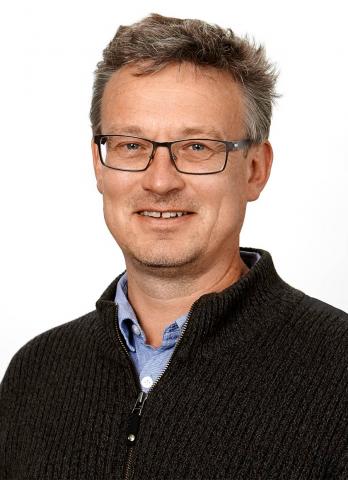Primary supervisor
Bernd MeyerCo-supervisors
- Frits de Nijs
- Chris Reid
Research area
Data Science and Artificial IntelligenceEffective allocation of tasks is essential for any socially living group. This project investigates self-organised task allocation, ie groups in which tasks are not centrally assigned to individuals. In self-organised groups, individuals rather select their tasks autonomously based on their own choices and preferences. Under which conditions does this achieve the desired group outcomes? On which principles must the task choice be based for this to work? These questions are central to explaining the organisation of natural societies, from insects to humans, and to engineering self-organised systems, from swarm robotics to mesh networks.
The prototypical model system for the investigation of self-organised task allocation are social insect colonies, such as bees and ants. They are able to distribute tasks across the colony very effectively and flexibly without any central master plan, which at least partly explains their enormous ecological success.
We investigate how self-organised task allocation works in insect colonies and the implications of this for human and artificial systems. We specifically ask how communication and interaction networks in the group shape the distribution of tasks. This work combines computational modelling and simulation with biological experiments that are analysed using cutting-edge computer vision techniques. We collaborate closely with Macquarie University where the biological experiments are conducted.
The intended departure point for this PhD project is to use reinforcement learning, a mainstream AI technique, to model task allocation mechanisms.
#sustainability
Required knowledge
Interest in Interdisciplinary Work, strong mathematical background, reasonable coding skills, preferably experience with scientific computation, numerical methods, and Python.
